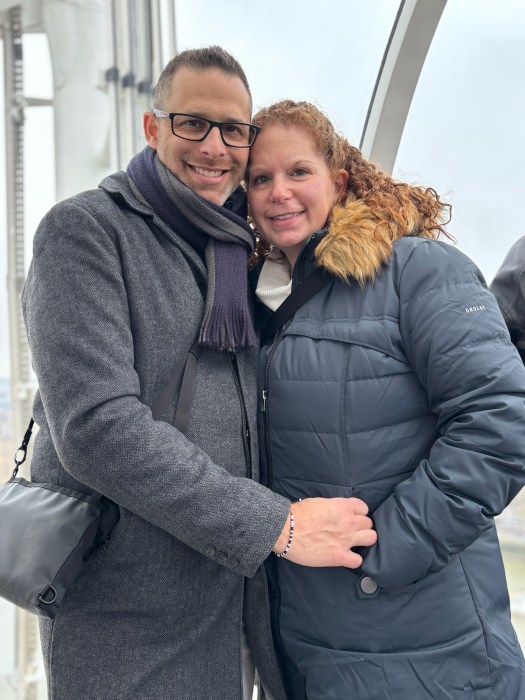Have you had the pleasure recently of trying to apply for a job? Gone are the days of speaking to a real person and meeting face to face to interview. Today almost all applications are processed through websites.
Yesterday, I was following up on a job posting I found with a local bank here in Farmingdale. I visited the branch to ask about the position. I was told that the position was in that branch but couldn’t be told any more information than that. I was directed to their website to fill out all my information there. This process, which I experienced at other times demands the following: creating an ID and password, your name, address, date of birth and Social Security Number, and an evaluation test (takes more than one hour to complete).
I have multiple issues about that. Why would I so freely give all my personal information to a website on which I’m not actually sure I’m really interested in that position? Identity theft is one. If they don’t ask for date of birth (which some are not allowed to) they want an education and work history. It isn’t very hard to guess your age after supplying 30 years of education and work history.
I do not have the real pertinent information about the job, like what is the salary? What are the hours? What specifically does the position require you to do? Asking the person who is the manager of that branch and who is the person I would be working for was completely out of line.
This bank is not the only company that does this, there are many others. Human contact has been taken entirely out of the equation. No longer are you able to sit with a person and “sell yourself,” to talk one-on-one with a person and see if there is a match. Everything is now referred to a “recruiter.” A recruiter today is not a human being, it is a computer program that grades answers and spits out approvals or denials based on some convoluted preset formula.
If you go through the process on the website all you get is a form letter email saying they received your application and “thank you for applying, if we feel we have a match you will be contacted about further steps.”
With one position I got a reply to come to an open house. When I got there, there were about 12 or so others there also. There were two interviewers and each applicant was called in turn. I interviewed with one recruiter and she asked me to stay and talk with the other more senior recruiter. Before I got the chance to meet with the other person she called me back in and said that after further review “my skill set” wasn’t a match.
Skill set? The other applicants in that room weren’t old enough to shave! How could their skill set be better than mine? The truth, I found out later, was they aren’t looking for people with experience because they do not want to pay them. It is just easier to hire young kids, pay them cheap, churn them and burn them and then move on.
Companies today in many aspects will do anything to avoid human contact. Try to call a company and get a real person on the phone. If you do reach a real person after pushing 75 buttons and holding for 22 minutes, try to understand what they are saying.
What are we as a society creating? Is this a better world? There aren’t many middle salary jobs left. Companies have adapted computer programs replacing analysts. Analysts or underwriters have been replaced with clerical type positions. The clerical inputs information from an application or in some cases no input is necessary. The computer program grades the application and accepts or rejects it based on certain criteria. The approvals move on down the line and the denials are reviewed by an analyst to see if there is something that could be done. This way they do not need 90 percent of those employees.
It is a very frustrating situation; I’m too old for many companies, and too young to retire. I’ve never been in this situation before. I was always able to find a position and earn a living. Today, it seems I’m up against it. I’m sure other people reading this letter are in the same position. Maybe they can smile a little after reading this, who knows. I remain optimistic; it’s always darkest before the dawn.


































